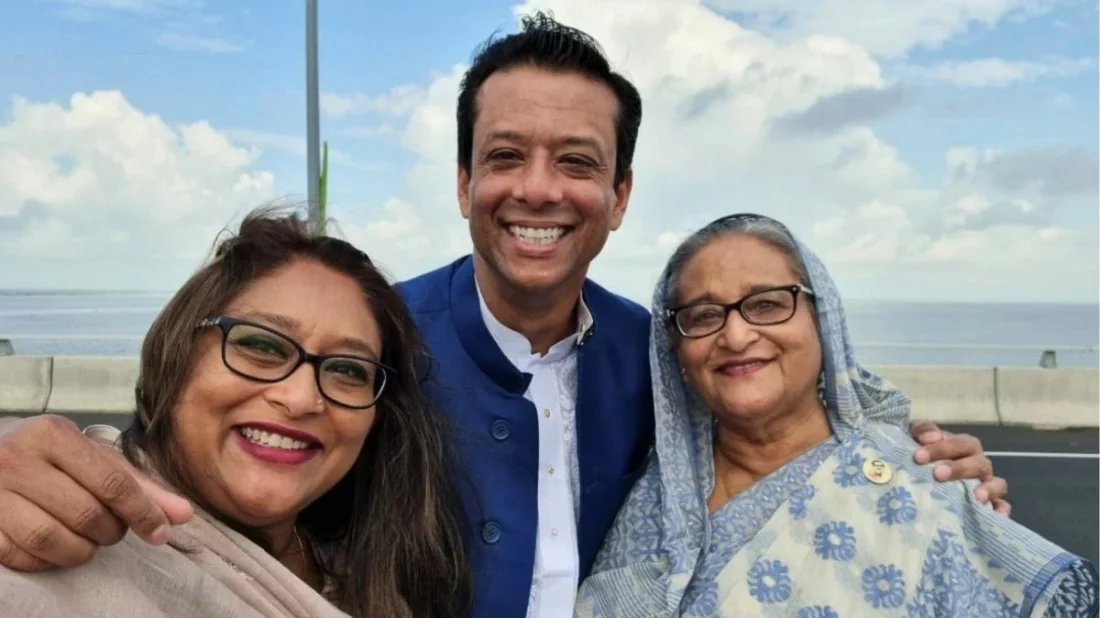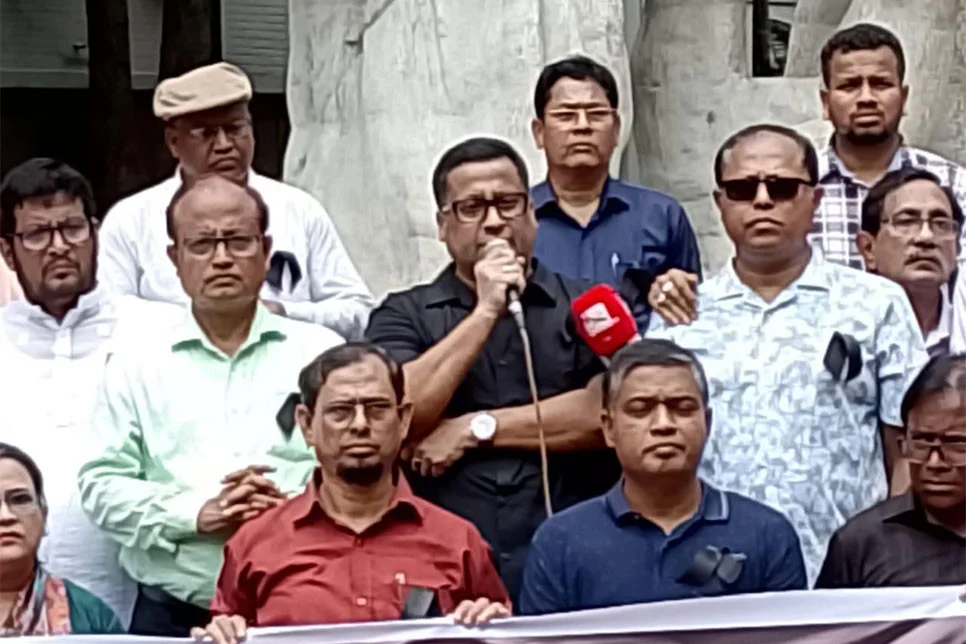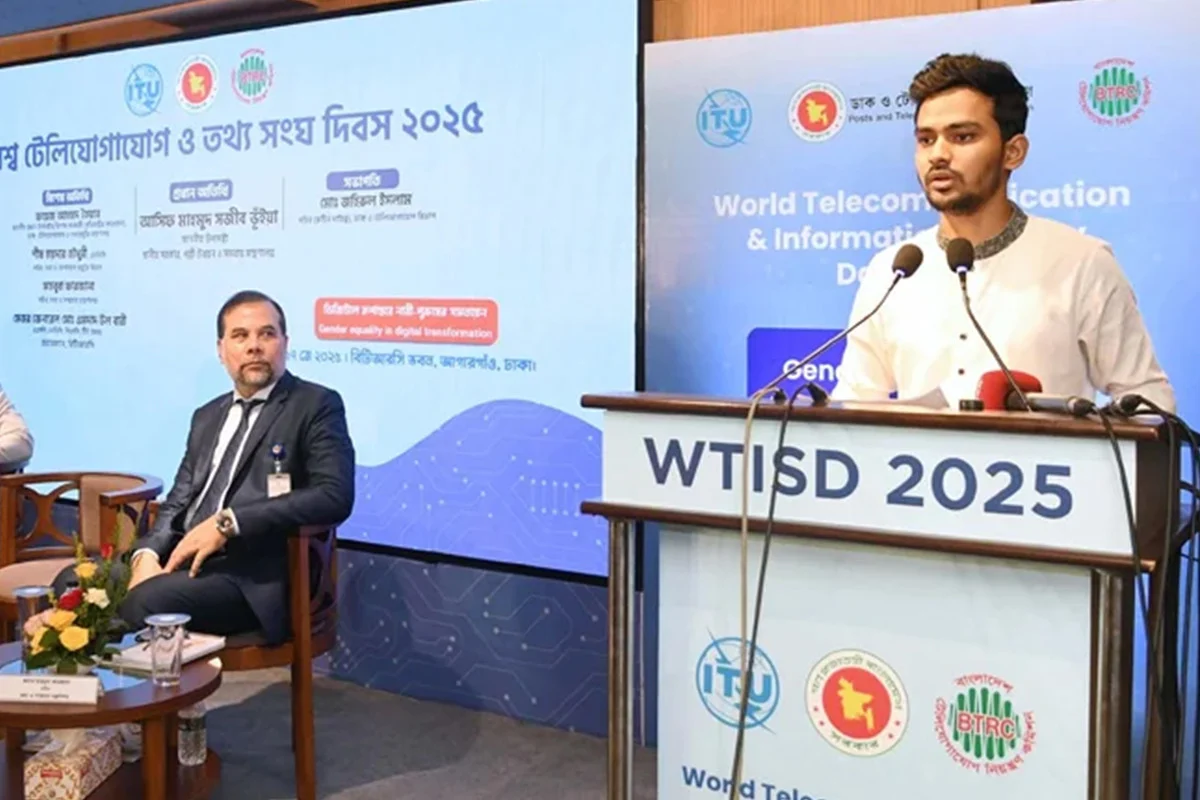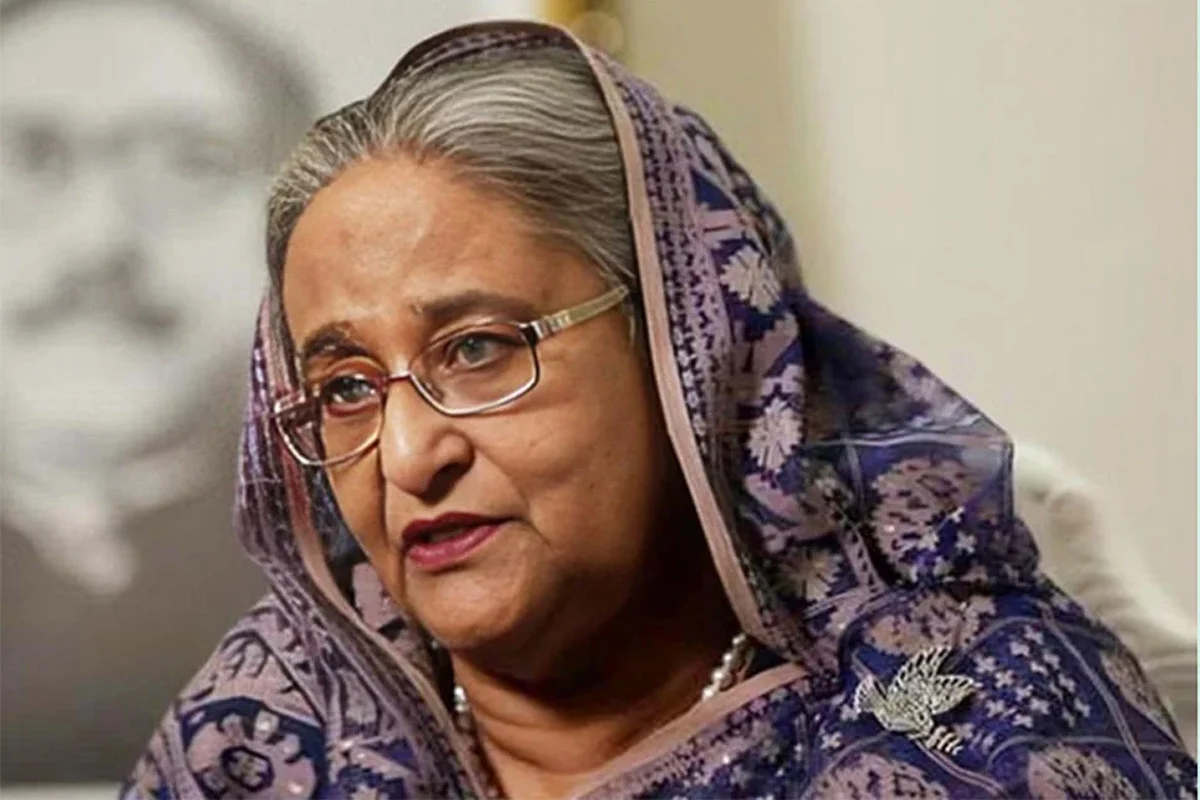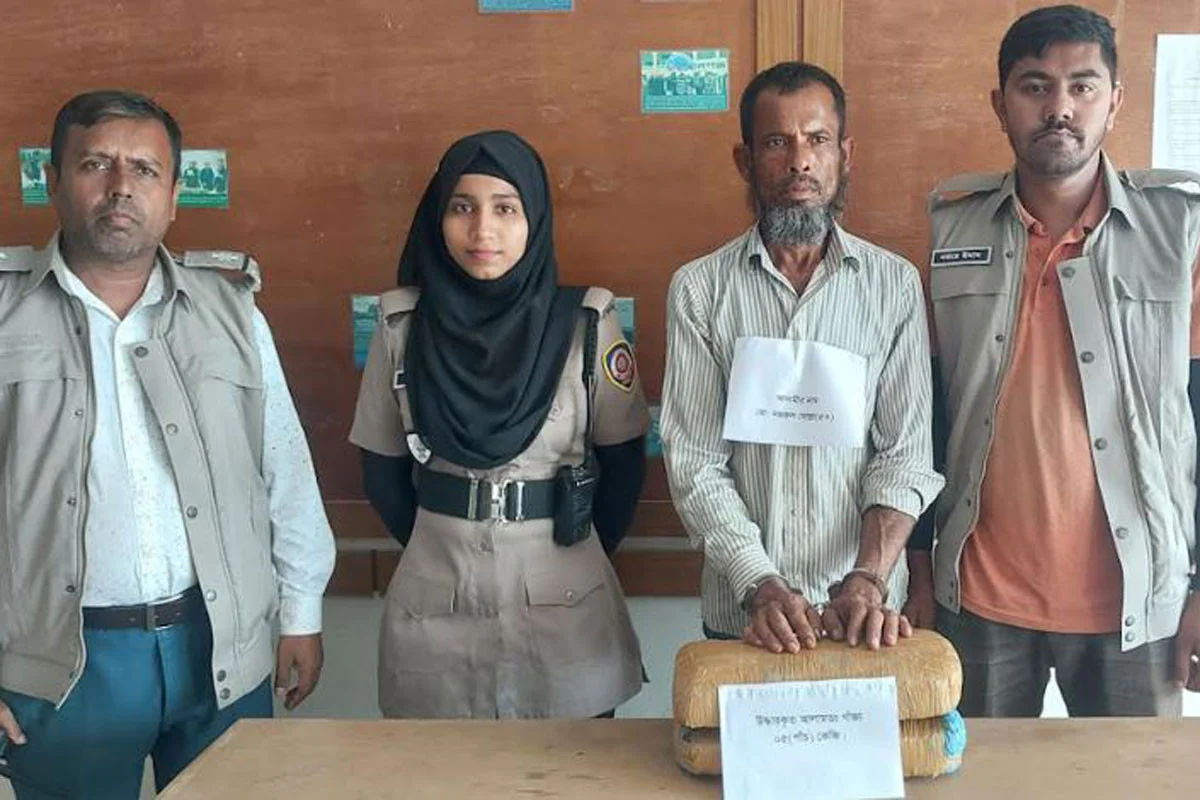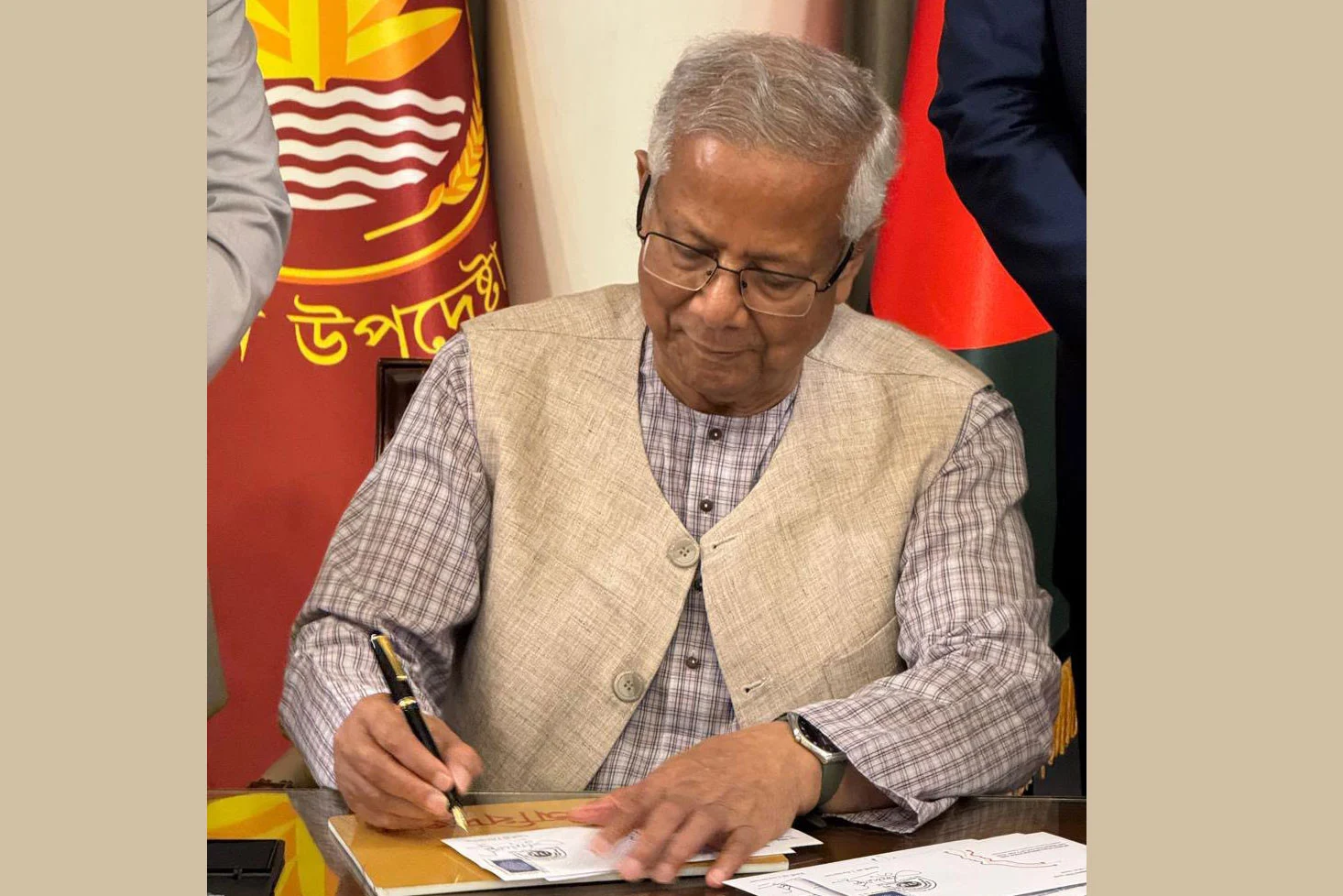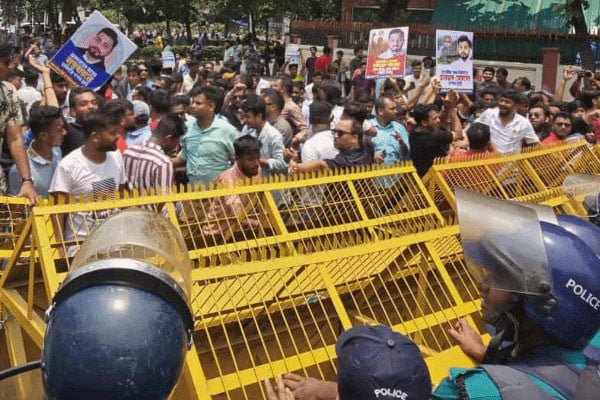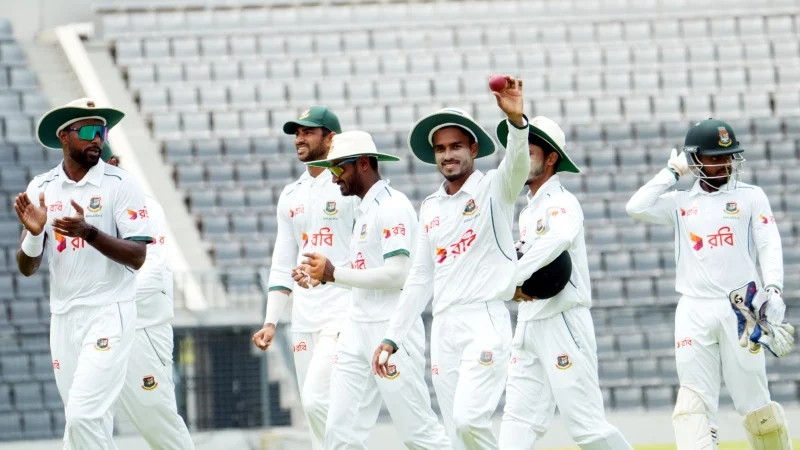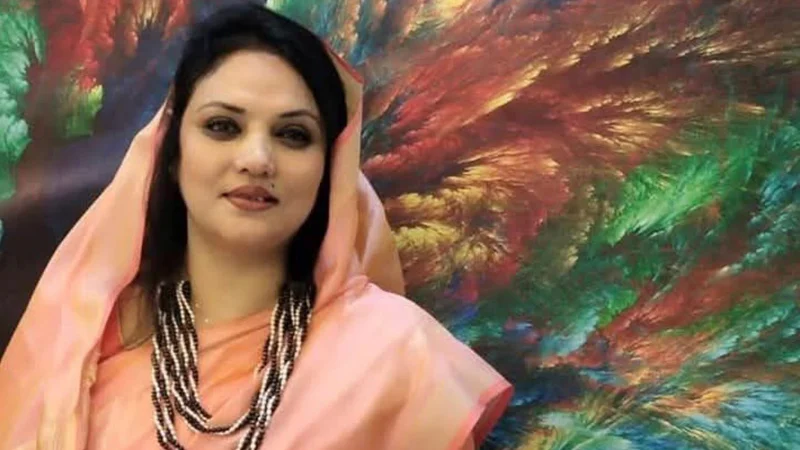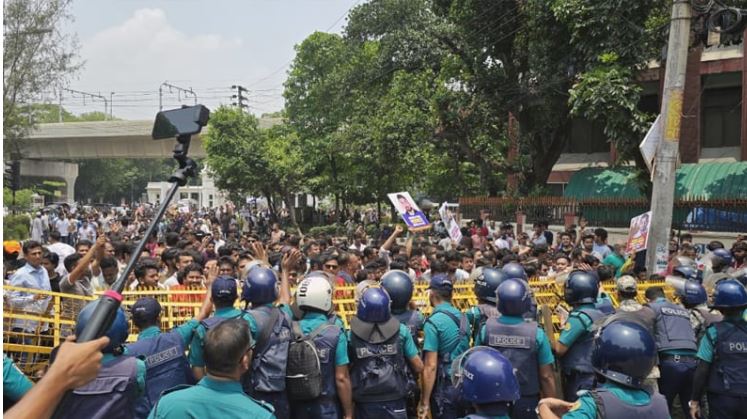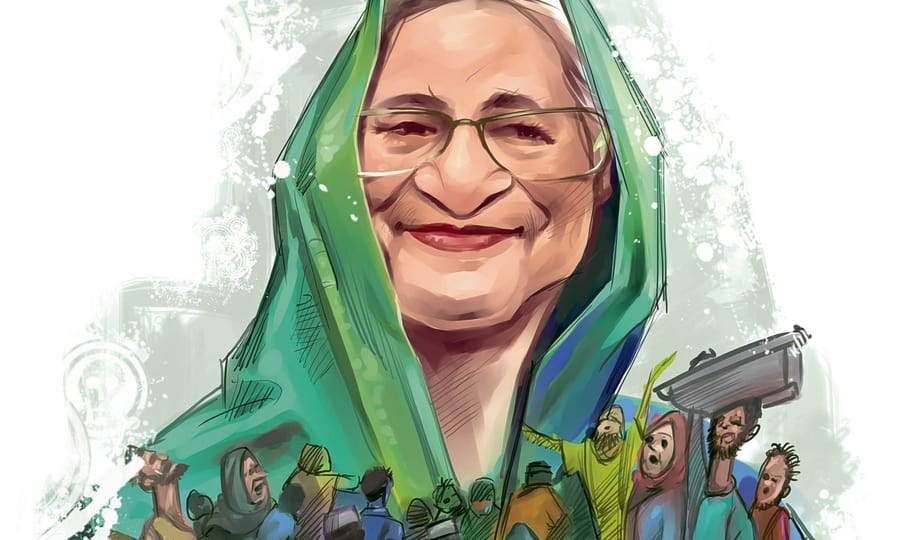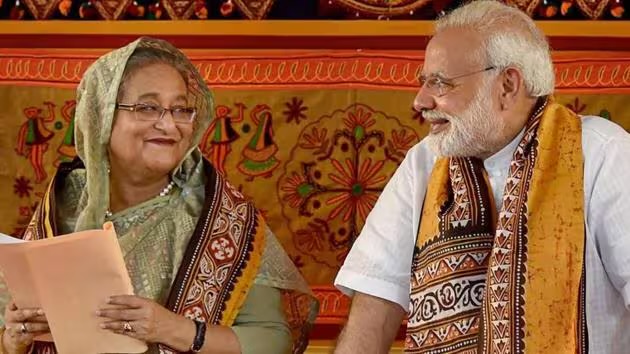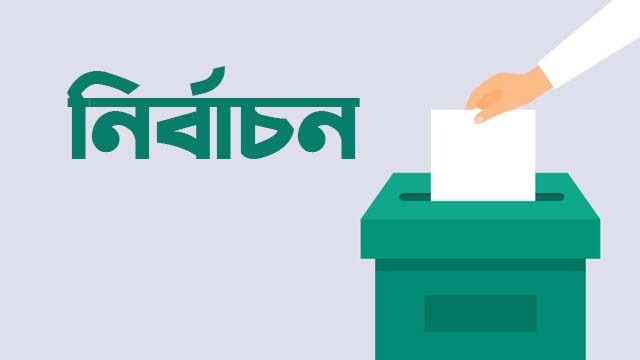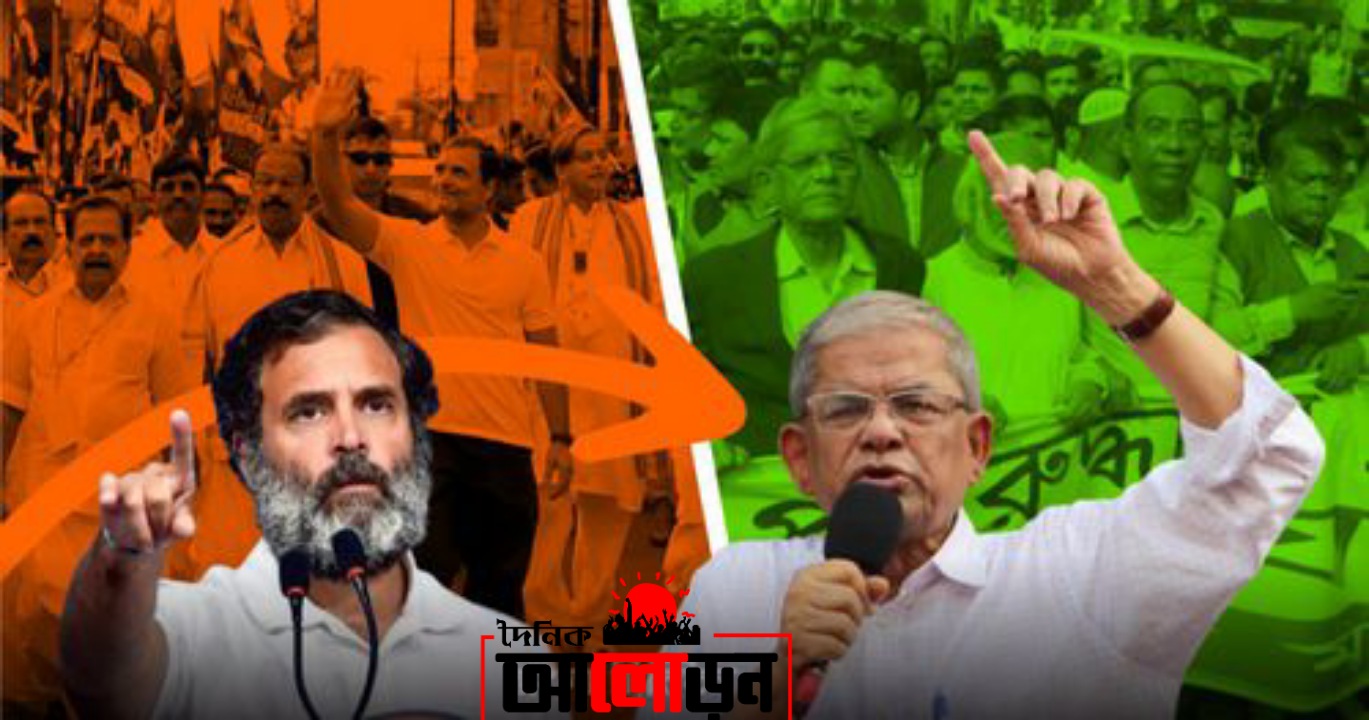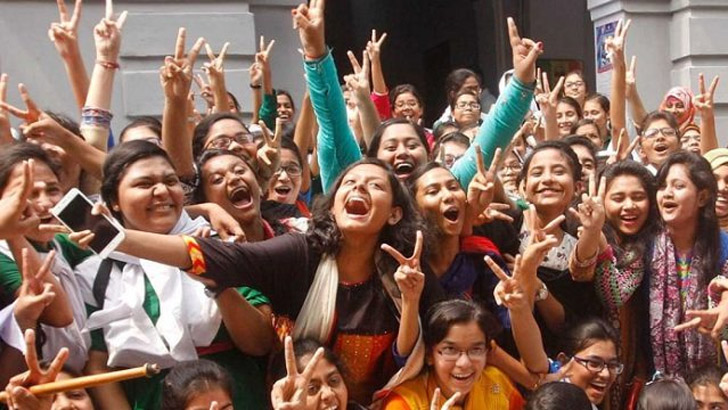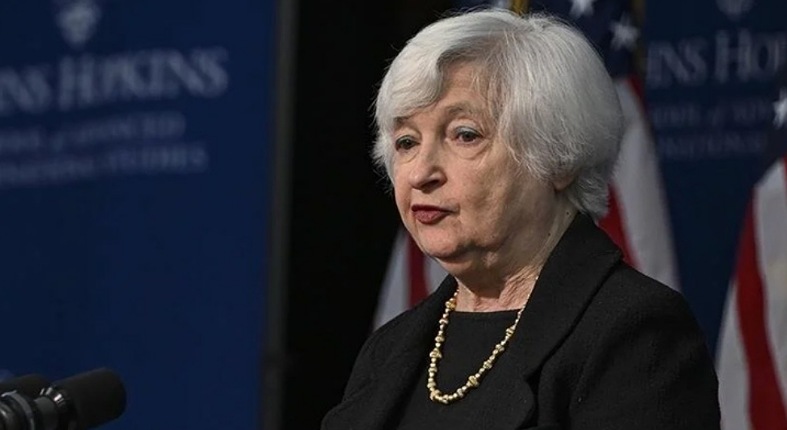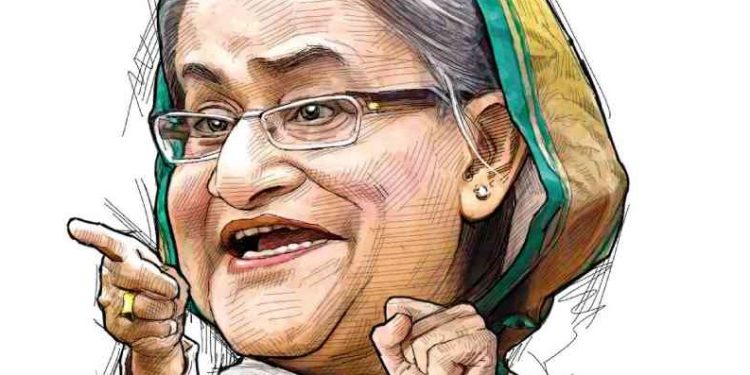
Apurbo Ahmed Jewel: Bangladesh’s government has been identified as autocratic for an extended period, as its power is concentrated in the hands of a small group. This governance system has had a significant impact on the country’s development and its relations with the international community.
The Awami League, a dominant political party in Bangladesh, has been in power since 2009, with its leader Sheikh Hasina serving as the Prime Minister. Opposition parties, journalists, and human rights activists have faced widespread persecution under the rule of the Awami League.
The recent imprisonment of Mirza Fakhrul Islam Alamgir, the Secretary-General of the Bangladesh Nationalist Party (BNP), through controversial legal proceedings, is perhaps the most notable example of the government’s crackdown on dissent. Alamgir was arrested on charges of violence in January 2021 and has been held without bail since then. Bangladesh’s main opposition party, BNP, accuses the government of using legal measures to suppress dissent.
Another example of the government’s autocratic tendencies is its approach towards the media. In the 2020 World Press Freedom Index, Bangladesh ranked 152 out of 180 countries, and journalists in the country face harassment, intimidation, and arrests for their reporting. In 2018, the government passed a controversial Digital Security Act, which considers the publication of “fake news” or “propaganda” as a criminal offense. Critics argue that the law is used to silence dissent and restrict freedom of expression.
The autocratic tendencies of the government have also had an impact on Bangladesh’s relations with the international community. In 2018, the European Parliament called on the Bangladeshi government, including former Prime Minister Khaleda Zia and all political prisoners, to release them and uphold human rights and the rule of law. The proposal urged free and fair elections in Bangladesh. The government rejected the proposal, terming it “baseless and biased.”
Despite criticism, the government has managed to maintain its grip on power. In the 2018 elections, the Awami League secured a landslide victory, and the main opposition party boycotted the polls, citing irregularities and violence. However, the government has also been successful in sustaining robust economic growth, with the country’s GDP growing at an average rate of 6.5% per year from 2010 to 2019.
Nevertheless, the government’s autocratic tendencies and its suppression of dissent may pose a long-term threat to Bangladesh’s development. The country’s democracy has weakened, and its international reputation has been tarnished. If the government fails to address these issues, it could undermine the prospects for sustained economic and social progress
Writer: Apurbo Ahmed Jewel

